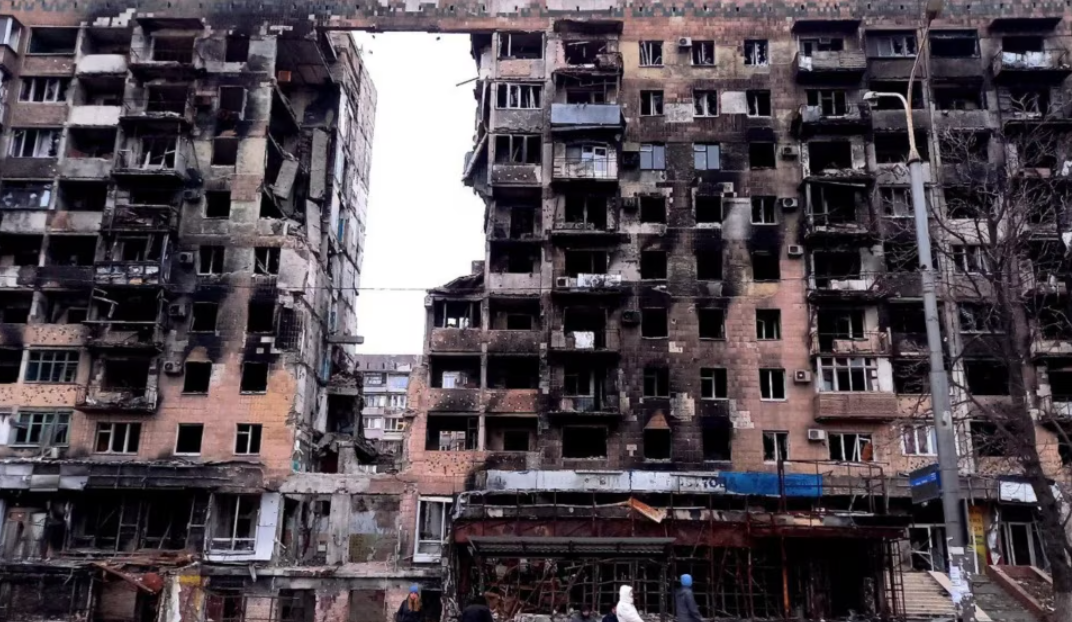Russia could agree to using its $300 billion in frozen sovereign assets for Ukraine’s reconstruction but demands a share for Russian-controlled territories, three sources told Reuters. The move follows recent US-Russia talks in Saudi Arabia.
Western allies froze Russian sovereign assets after the 2022 invasion, primarily in European, US, and British bonds. Moscow could agree to allocating a large portion for Ukraine’s rebuilding under a potential peace deal while ensuring some funds benefit Russian-held areas.
The war has devastated eastern Ukraine, with a World Bank estimate placing reconstruction costs at $486 billion. A source suggested Russia might accept two-thirds of the reserves going to Ukraine’s restoration as part of a possible peace deal. Another noted that determining future reconstruction contracts is critical.
Despite ongoing talks, Russia still seeks total asset unfreezing as part of broader sanctions relief. The G7 has stated funds will remain frozen until Russia compensates for the destruction. Trump has indicated a willingness to discuss Russia’s return to the G7.
European divisions complicate using the funds, with some warning of legal challenges. Renaissance Capital analyst Oleg Kouzmin called a US-led push for dialogue “very optimistic.”
At the time of the freeze, Russia held 207 billion euros, $67 billion in US dollars, and 37 billion British pounds. The largest portion—159 billion euros—is managed by Belgium-based Euroclear Bank.
Some Russian officials acknowledge that parting with frozen reserves might be inevitable under certain conditions. Margarita Simonyan, head of RT, suggested in 2023 that the assets could be used as “payment” for territories now under Russian control.
Discussions remain preliminary, and it is unclear if the asset proposal was raised in Saudi talks. Ukraine insists Russia must withdraw fully, while Washington acknowledges this remains a challenging goal.
Read more:
- Axios: US offers Ukraine “improved” minerals deal after Trump-Zelenskyy clash
- Russian bomb strike on Kherson high-rise kills mother, injures her two children
- “Keep calm and don’t blink first,” experts warn Ukraine as US-Russia talks begin




